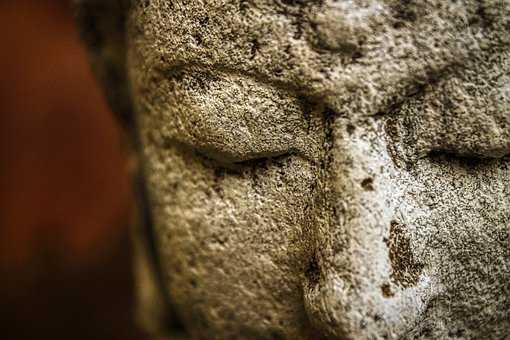Neuroscience backs up the Buddhist belief that “the self” isn’t constant, but ever-changing
Curated from: qz.com
Ideas, facts & insights covering these topics:
4 ideas
·1.24K reads
13
Explore the World's Best Ideas
Join today and uncover 100+ curated journeys from 50+ topics. Unlock access to our mobile app with extensive features.
The Self: Buddhism vs Science
Buddhist teachings state that nothing is constant, including the self. The notion of an ever-changing self, where the body and the brain are constantly in a state of flux, is now being supported by scientific research.
According neuroscience papers, there is scientific evidence to show that our brain is always in self-processing mode, extending to a diverse range of fluctuating neural processes.
59
429 reads
Sleep Theories
Ancient Indian theories differ from the standard neuroscience view about deep sleep being a blackout state where nothing is left, not even consciousness.
It is stated that a certain subtle awareness is present, even in dreamless sleep, though there is no time measurement tool for the brain to put that in memory. That is why the brain does not know the time when we wake up from deep sleep.
46
267 reads
Meditation And Sleep
A 2013 study showed that meditation has some positive effect on electro-physical brain patterns during sleep, enhancing our capacity to process information and also maintain a heightened level of awareness.
51
275 reads
The Existence of the Self
Science has the standard approach of being stubborn in its existing ‘theories’, however unproven, and disregarding ancient science, like the denial of the existence of the self, claiming that it is just an illusion created by the brain.
Once again, ancient Buddhist and Indian science is way ahead and maintains that there is a self, something supported by many neuroscientists too.
48
277 reads
IDEAS CURATED BY
Christopher the Coherent 's ideas are part of this journey:
Learn more about personaldevelopment with this collection
How to handle conflicts
How to identify and regulate emotions
How to develop self-awareness
Related collections
Similar ideas
Read & Learn
20x Faster
without
deepstash
with
deepstash
with
deepstash
Personalized microlearning
—
100+ Learning Journeys
—
Access to 200,000+ ideas
—
Access to the mobile app
—
Unlimited idea saving
—
—
Unlimited history
—
—
Unlimited listening to ideas
—
—
Downloading & offline access
—
—
Supercharge your mind with one idea per day
Enter your email and spend 1 minute every day to learn something new.
I agree to receive email updates

